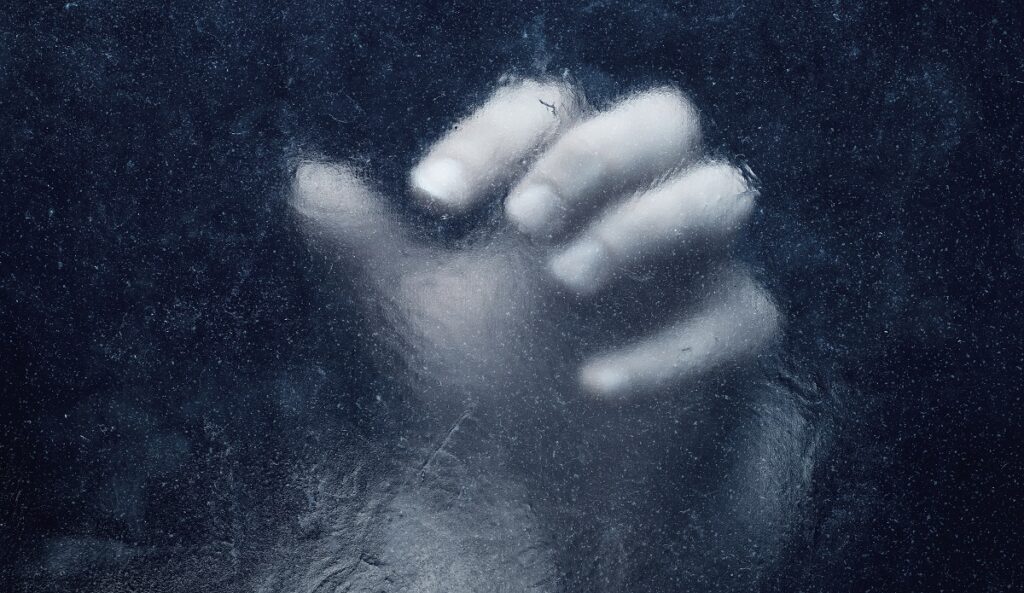While science still only understands the freezing part of the cryogenic process, anti-death lawyers for the ultra-rich have devised a new type of trust aimed at setting aside assets for when they eventually emerge from suspended animation.
As Bloomberg Law Estate planners are reportedly busy creating so-called “resurrection trusts” for wealthy individuals who are cryogenically preserved after death, so that they could access their assets hundreds of years after death, if cryonics-based resurrection technology actually becomes feasible.
“The idea of cryonics has gone from being outlandish to just plain weird,” explains Mark House, an estate lawyer who works for the Alcor Life Extension Foundation, which has already frozen 230 bodies. “Now that it's weird, it seems fashionable to be interested in cryonics.”
That assessment may be in the eye of the beholder, but Alcor, said to be the largest facility in the world, has around 1,400 paying members preparing to be cryogenically frozen after death.
With thousands of people around the world planning to go into “cryosleep” or already having their bodies stored in such facilities, there is currently money to be made in the body-freezing business, even if no one knows how to actually revive a frozen corpse.
In fact, diligent estate lawyers like House require their clients to put at least $500,000 into a cryonics trust to ensure fees don't add up over time. Like all dynasty trusts passed down through generations, these resurrection trusts also have beneficiaries and executors named.
But there's still legal red tape to be overcome before the wealthy can expand their wealth: Because cryo-resurrection doesn't exist yet, there's also no legal way to revoke a death certificate if you return from the ice.
To avoid this obvious logistical problem, estate planners working in this burgeoning field recommend that those creating these funds appoint a trust protector (an individual, organization, or other entity) who will have the power to determine whether the fund is reinstated.
So what exactly does resurrection mean?
“Some people say they would only consider resurrection if all their memories were intact and they were the same person they are now,” said Peggy Hoyt, a Florida-based estate planner. Bloomberg“Some people are content with human cloning being the same as reanimation. Others say it doesn't matter if the body exists, as long as the brain is uploaded to a computer.”
Epistemology aside, those who pay for these services have high expectations for the future of their wealth.
“I really want to find a solution,” said Steve Rubel, a former Michigan hospital executive. Bloomberg He is actively looking for a way to withdraw his money after he dies of natural causes: “Otherwise I'll just have to pray and hope that I have money left over to pay for my resurrection in 200 years.”
No one knows what the world will be like in 200 years, and those wealthy enough to spend a lot of money on cryosleep and resurrection trust schemes obviously expect to enjoy the best that cryosleep and resurrection trust schemes have to offer.
More on the shenanigans of the wealthy: Billionaire promises crew a free flight around the moon, but the dream is dashed

